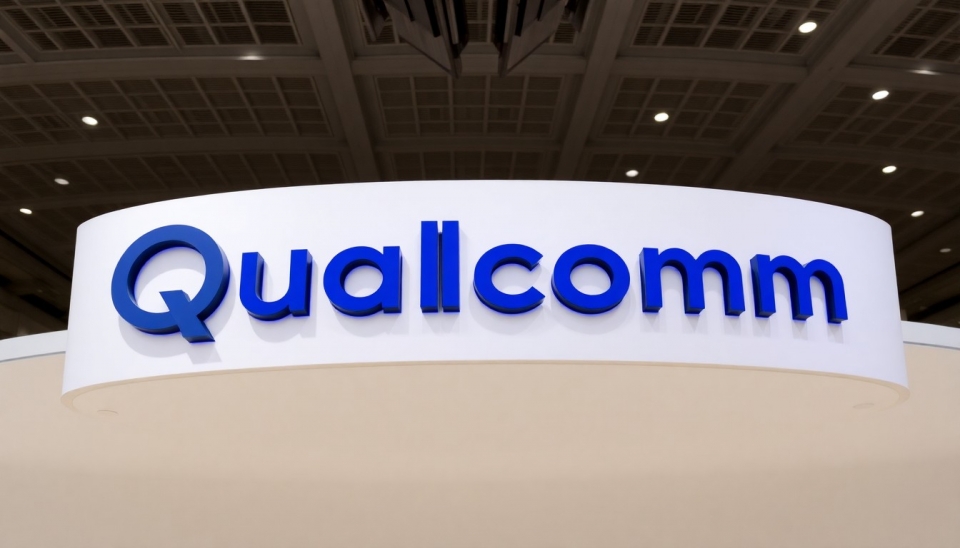
In a recent courtroom showdown, Qualcomm's CEO, Cristiano Amon, has firmly pushed back against allegations made by Arm Holdings regarding licensing disputes. The case, which is garnering significant attention in the tech industry, centers on Qualcomm's use of Arm's architecture in its chips. This dispute isn't just about monetary compensation; it plays a critical role in the competitive landscape of the semiconductor market.
The trial, now underway, highlights the friction between two giants in the technology sphere. Qualcomm, known for its advancements in mobile technology, including processors for smartphones, has found itself in a complex battle against Arm Holdings, a leader in chip designs utilized globally. Amon took to the stand to rebut claims that Qualcomm had undermined Arm's licensing agreements. He insisted that the company's actions were well within legal bounds and that they have been a significant contributor to the innovation in semiconductor technology.
The contention arises from accusations that Qualcomm violated Arm's licensing terms by utilizing its architecture for products that allegedly did not meet the agreed-upon conditions. Qualcomm's defense hinges on the assertion that their interpretation of the licenses was valid and that the innovations they developed were enabled by Arm's technology in a compliant manner.
Amon's testimony painted a picture of a robust partnership with Arm, asserting their commitment to collaboration while simultaneously challenging the notion that Qualcomm had acted unlawfully. He expressed the urgency of resolving this dispute, emphasizing the implications it has not only for both companies but also for their respective customers and the broader tech ecosystem.
The outcome of this trial could have profound impacts on the future of licensing practices within the semiconductor industry. If Qualcomm emerges victorious, it may set a precedent for how licensing agreements are interpreted and enforced, potentially easing the burdens on firms that utilize third-party technology in their products.
As the trial continues, industry watchers are keenly observing how this case unfolds. The implications of the verdict may ripple through the market, affecting not just Qualcomm and Arm, but also the various manufacturers and technology firms that depend on their technologies. The semiconductor landscape is already marked by rapid advancements and fierce competition, making the stakes of this legal battle exceedingly high.
With both companies having invested heavily in their respective technologies and market positions, the pressure is mounting. Amon's robust defense during the trial signals Qualcomm's determination to continue leading in innovation while navigating through complex legal terrains that shape the future of technology.
The tech world is left waiting for this pivotal trial's outcome, which will reveal the balance of power between semiconductor innovators and the implications for future collaborations within the industry.
#Qualcomm #Amon #Arm #Holdings #Licensing #Trial #Semiconductor #Technology #Innovation
Author: Liam Carter




